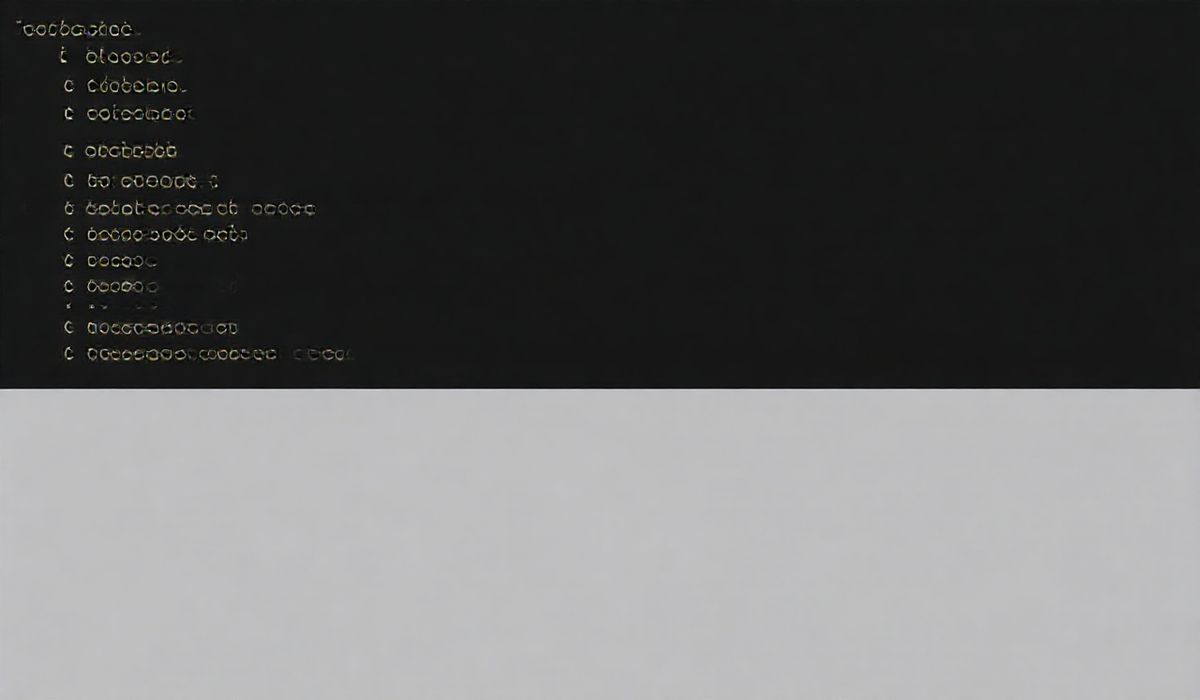Introduction to Autoflake
Autoflake is a powerful command-line utility designed to remove unused imports and variables in your Python code. This can help to improve the readability and maintainability of your codebase by automatically cleaning up unnecessary elements. By using autoflake, you can also reduce the likelihood of potential bugs caused by unused code.
Installing Autoflake
To get started with autoflake, you need to install it first. You can do this using pip:
pip install autoflake
Basic Usage
Running autoflake on a file is straightforward. The following command removes unused imports and variables:
autoflake --in-place your_script.py
Removing Unused Variables
You can specifically target unused variables with:
autoflake --remove-unused-variables --in-place your_script.py
Excluding Specific Imports
If you want to exclude certain imports from being removed, you can use the --exclude flag:
autoflake --exclude=F401 your_script.py
Recursive Directory Cleaning
Clean all Python files in a directory recursively with:
autoflake --recursive --in-place your_directory/
Combining with Other Tools
Autoflake can be combined with other code formatter tools like autopep8 for comprehensive formatting:
autoflake --in-place your_script.py autopep8 --in-place your_script.py
Example Application
Here is an example of a simple Python application cleaned by autoflake:
# Original code with unused imports and variables
import os
import sys
import json
import math
def add(a, b):
result = a + b
unused_variable = 42
return result
print(add(5, 3))
# Cleaned code with autoflake
import os
def add(a, b):
return a + b
print(add(5, 3))
By using autoflake, we have successfully removed unused imports and the unnecessary variable, making the code cleaner and more efficient.
Autoflake is a great tool to streamline your development workflow and ensure your code remains clean and maintainable.
Hash: 546bf9d64c03afb9ca4ae9baaddc8cb03b0d3e2ae4f487886d5e3a662136e0b0




